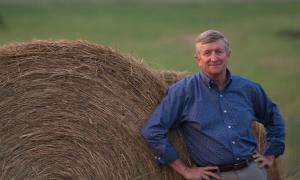article
New Arizona Laws Move Latinos to Action
Earlier this year, Arizona Gov. Jan Brewer signed HB 2281 into law, making it an offense to teach courses at any grade level that promote resentment towards a race or class of people. The law further states that no classes may be designed for any ethnic group or promote ethnic solidarity. This despite the fact that, according to the U.S. Census, 30 percent of the state is made up of Latinos.
